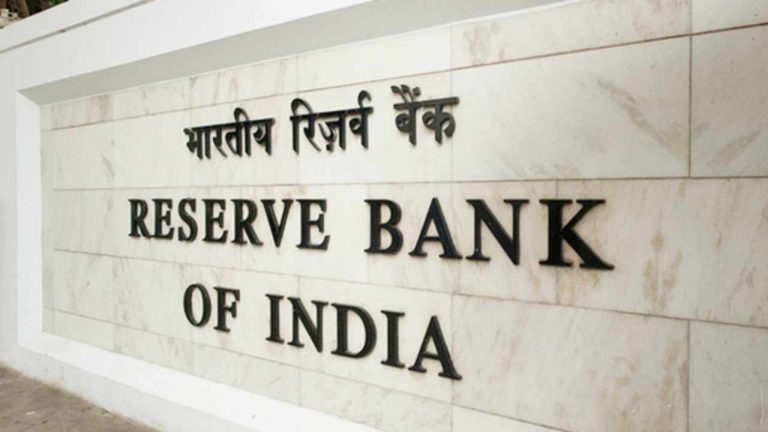
An Indian official from the central bank claims that the Reserve Bank of India (RBI) could create a product that could do anything that cryptocurrencies can do while avoiding the associated risks.
RBI Deputy Governor on Crypto vs Digital Rupee
T. Rabi Sankar, Deputy Governor of the Reserve Bank of India (RBI), discussed cryptocurrency and central bank digital currency (CBDC) at an event hosted by the Indian Banks Association (IBA) on Friday.
“We saw an environment where private currencies were evolving. We realized that this represents a risk to investors, systems, and the economy. We also realized that private currencies have shown us that currency digitization can be beneficial,” Sankar stated. “The way to deal with that was to provide a digital currency.”
In reference to non-government-issued cryptocurrencies, such as Bitcoin and Ethereum, the RBI Deputy Governor said the following about cryptocurrencies:
If private cryptocurrencies can do anything, then we should be able to create a product that does the same without taking on the risks associated with fiat money. This is essentially what we are doing in the CBDC experiments.
The RBI launched its retail central bank digital currency (CBDC) pilot on December 1, with eight participating banks. The pilot will eventually cover 13 cities in India. The retail digital rupee experiment was a continuation of the RBI’s wholesale CBDC pilot, which began in November to trade government bonds. The wholesale pilot will be expanded to cover additional use cases, including money market instruments.
The central banker stated that the CBDC pilots were intended to ensure the effectiveness of all systems. He said:
As we move forward, the pilots will be focusing on identifying the right technology within the right architecture to enable digital currency distribution.
The RBI Deputy Governor stated that the central bank will continue to build on the digital infrastructure that it has created, and stressed that there are many options, including tokenized bonds and smart contracts. He concluded:
There are potentially revolutionary options available, particularly in the area of cross-border transactions. There are many inefficiencies in this process, which the CBDC can correct.
Meanwhile, according to the RBI, cryptocurrencies such as Bitcoin and Ethereum should be banned. Sankar said in February: “It would be futile to regulate cryptocurrencies,” warning that crypto products “are fundamentally designed to circumvent the established financial system and, on a larger scale, the government itself.”
What do you think about RBI Deputy Governor Sankar’s comments? Let us know in the comments section.
Image credit: Shutterstock, Pixabay, Wiki Commons
Disclaimer: This article is intended for informational purposes only. It does not constitute a direct or implied offer, solicitation or endorsement of any product or service. Bitcoin.com does NOT provide advice on investment, tax, legal and accounting matters. Neither the author nor the company are responsible for any loss or damage caused or alleged caused by the use or reliance of any content, goods, or services in this article.